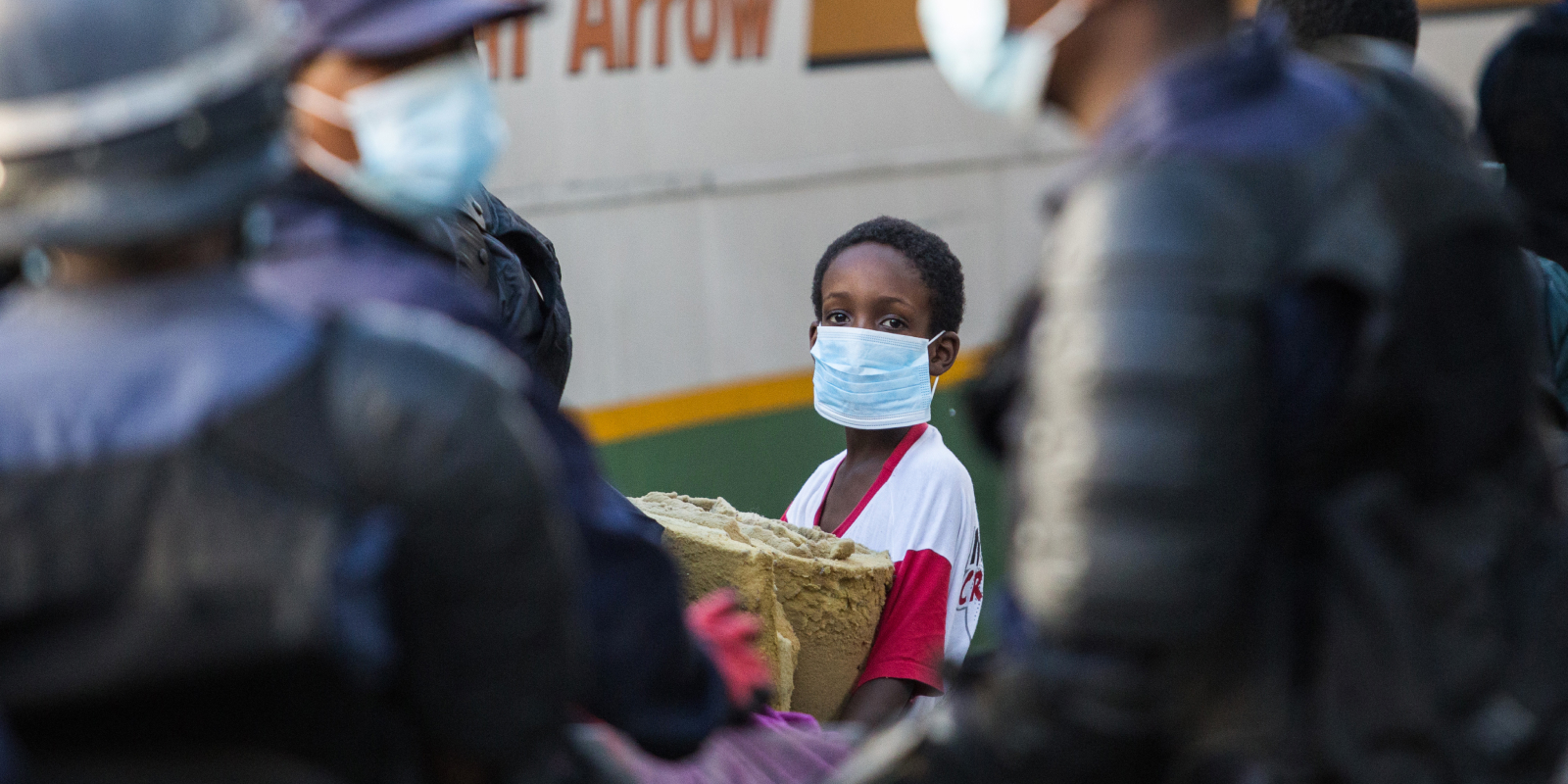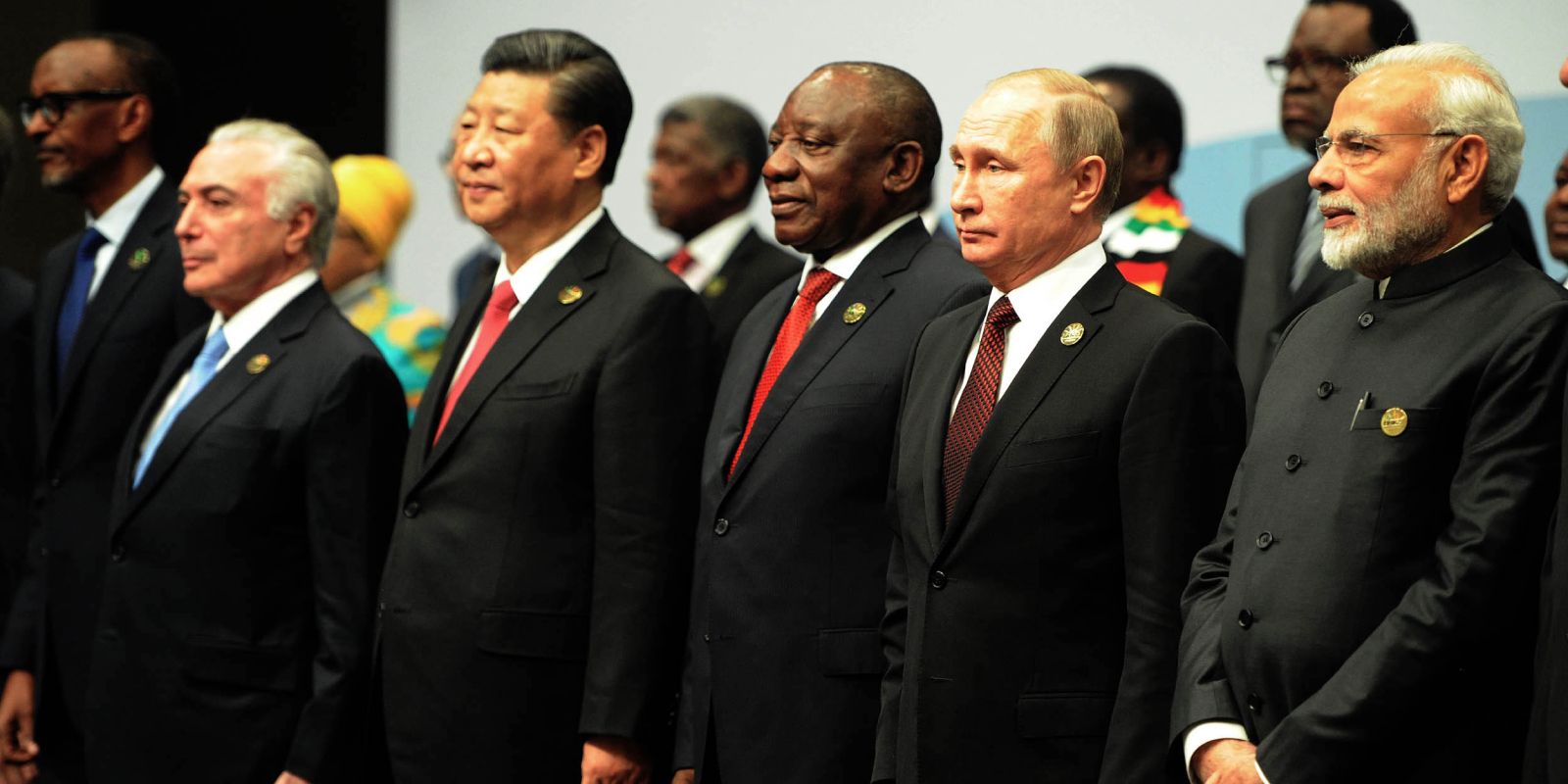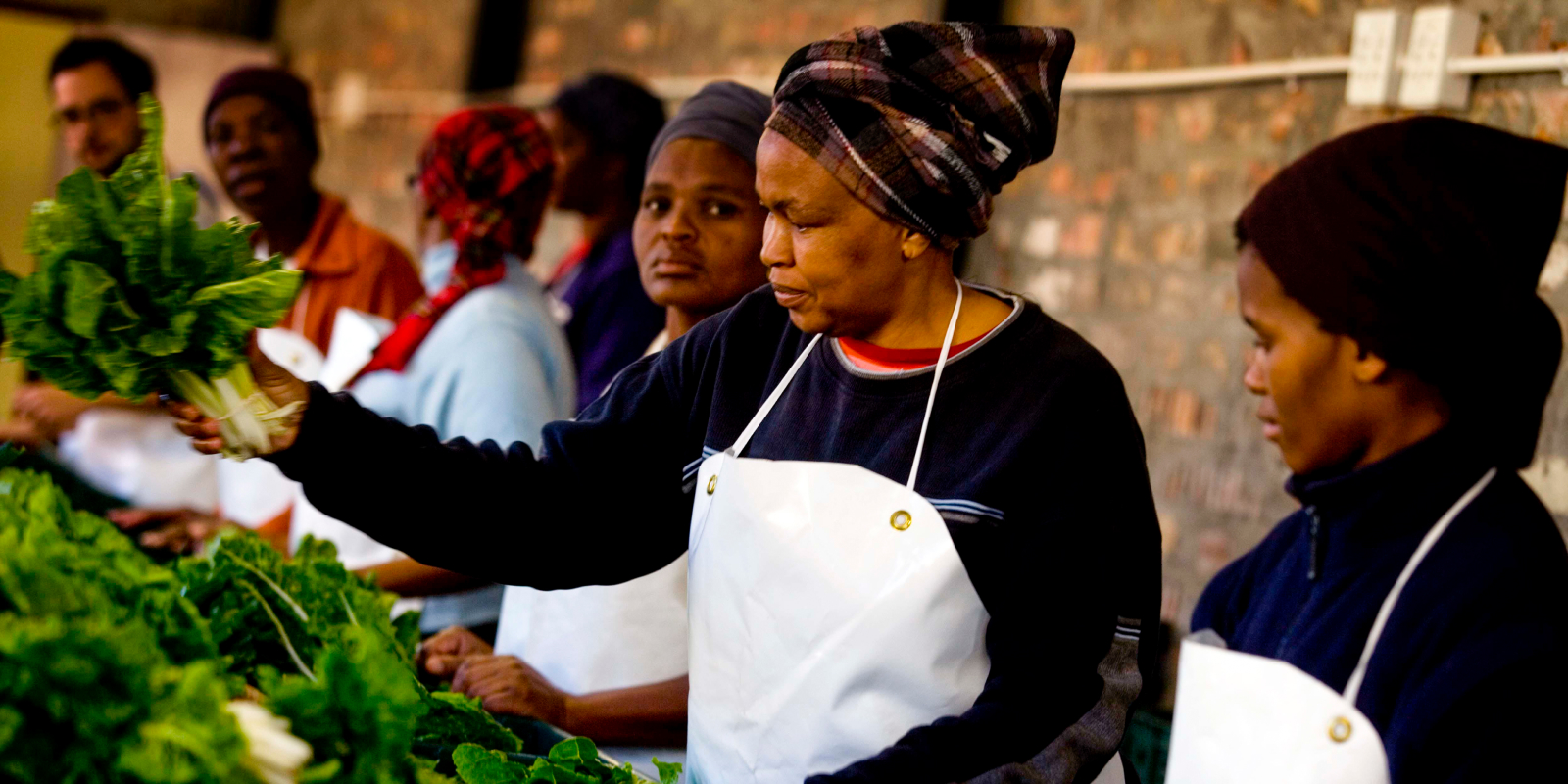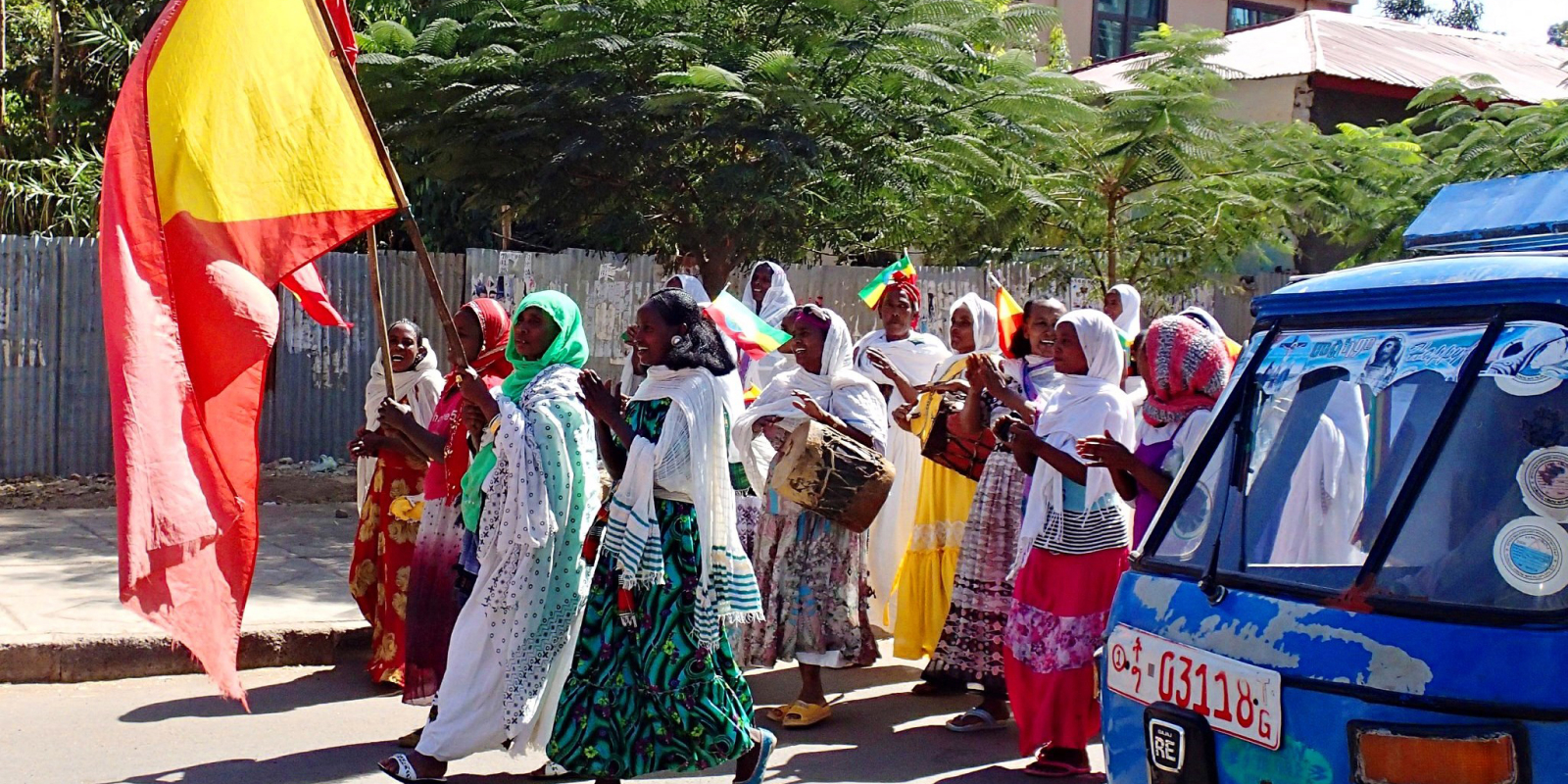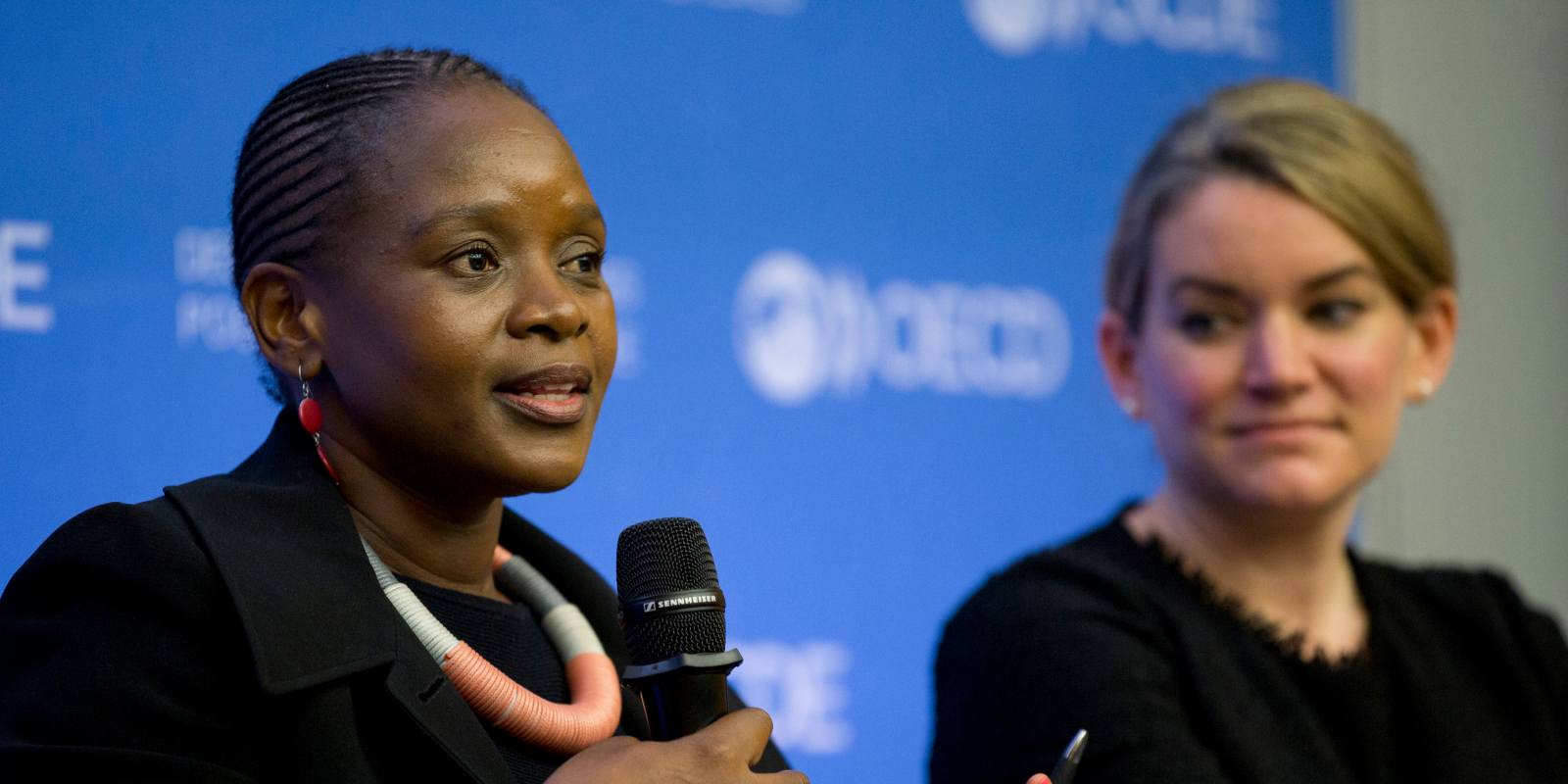In this month’s monitor, we feature a piece by Olumide Abimbola Ajayi on ‘Women and Gender Parity Trends in Africa’ which provides an important reflection of how African states have fared in achieving gender parity. Our second piece is authored by Zekarias Beshah Abebe and discusses ‘The role of the African Union (AU) in the Mediation Process in Ethiopia’ and offers recommendations on how the AU can make the mediation process more effective.
Gustavo de Carvalho and Laura Rubidge have also contributed a piece on, ‘Global geopolitical competition hits Africa: Can it maintain its voice?’ which discusses the implications and opportunities linked to the recent high-level visits to Africa. In keeping with the discussion of the impact of international politics on the continent, Craig Moffat looks at how ‘African governments and their international partners need to boost Africa’s resilience to the food insecurity caused by the Ukraine war’. Related to the issue of food security in Africa, Eve de Coning has contributed a piece on ‘Regulatory gaps in fisheries governance in Africa: security risks and implications’. This monitor article outlines the key gaps in fisheries governance and why this is an important security concern for Africa.

